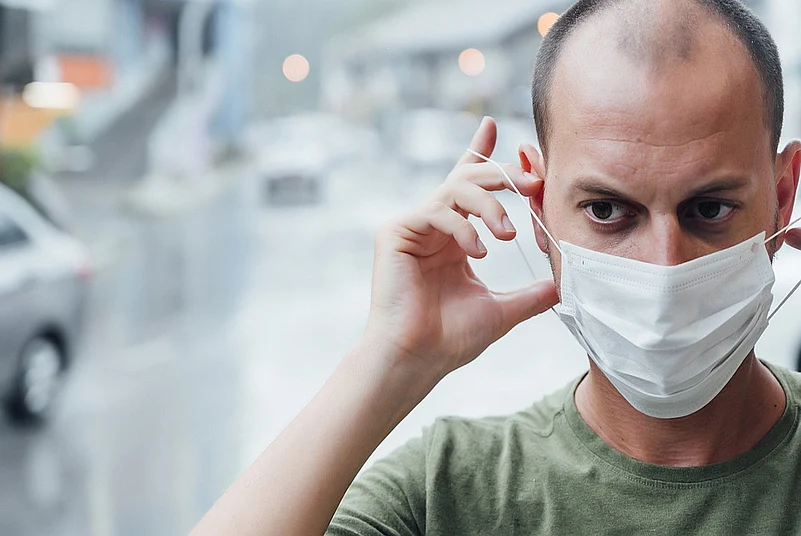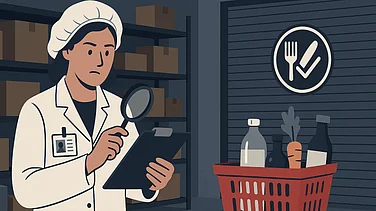Amid surging coronavirus cases in India, finance minister Nirmala Sitharaman on Tuesday made it clear that the government would not go for lockdowns in a big way and only resort to local containment.
In a virtual meeting with World Bank Group President David Malpass, Sitharaman appreciated the initiatives of the international financial institution to increase the lending space for India to enhance availability of finance for development.
"Finance Minister Smt. @nsitharaman shared the measures being taken by India to contain the spread of second wave of pandemic including the five pillared strategy of test-track-treat-vaccination and #COVID19 appropriate behaviour," the finance ministry said in a tweet.
"Even with the second wave, we are very clear that we are not going in for lockdowns in a big way. We don't want to totally arrest the economy. The local level isolation of patients, or households which have people in quarantines are the methods through which the crisis will be handled, the second wave will be handled. There shall not be lockdown," Sitharaman said.
According to a World Bank statement, Malpass and the finance minister discussed the importance of the partnership between the Group and India, including recent programs in civil service and financial sector reform, water resource management and health.
They discussed India's Covid-19 response as well as the country's large domestic vaccine production capabilities, the statement said.
Malpass reaffirmed the World Bank Group's commitment to supporting India's Covid-19 response and its work toward poverty alleviation and shared prosperity.
He noted the importance of India's Covid-19 vaccine exports -- both to the region and around the world.
Malpass also highlighted the World Bank Group's Climate Change Action Plan, including the role of diagnostics in achieving the most benefits from climate finance.
Sitharaman also shared other measures taken by the government, including distribution of LED bulbs, ethanol blending programme under the National Bio Fuel Policy, voluntary vehicle scrapping policy, and incentivisation of electric vehicles to achieve green, resilient and inclusive development.
Daily average Covid-19 cases across the country crossed 1.5 lakh last week. As per the latest health ministry data, 1,61,736 new coronavirus infections have been reported in a day, pushing India's total caseload to 1,36,89,453, while the national COVID-19 recovery rate has dropped further to 89.51 per cent.































